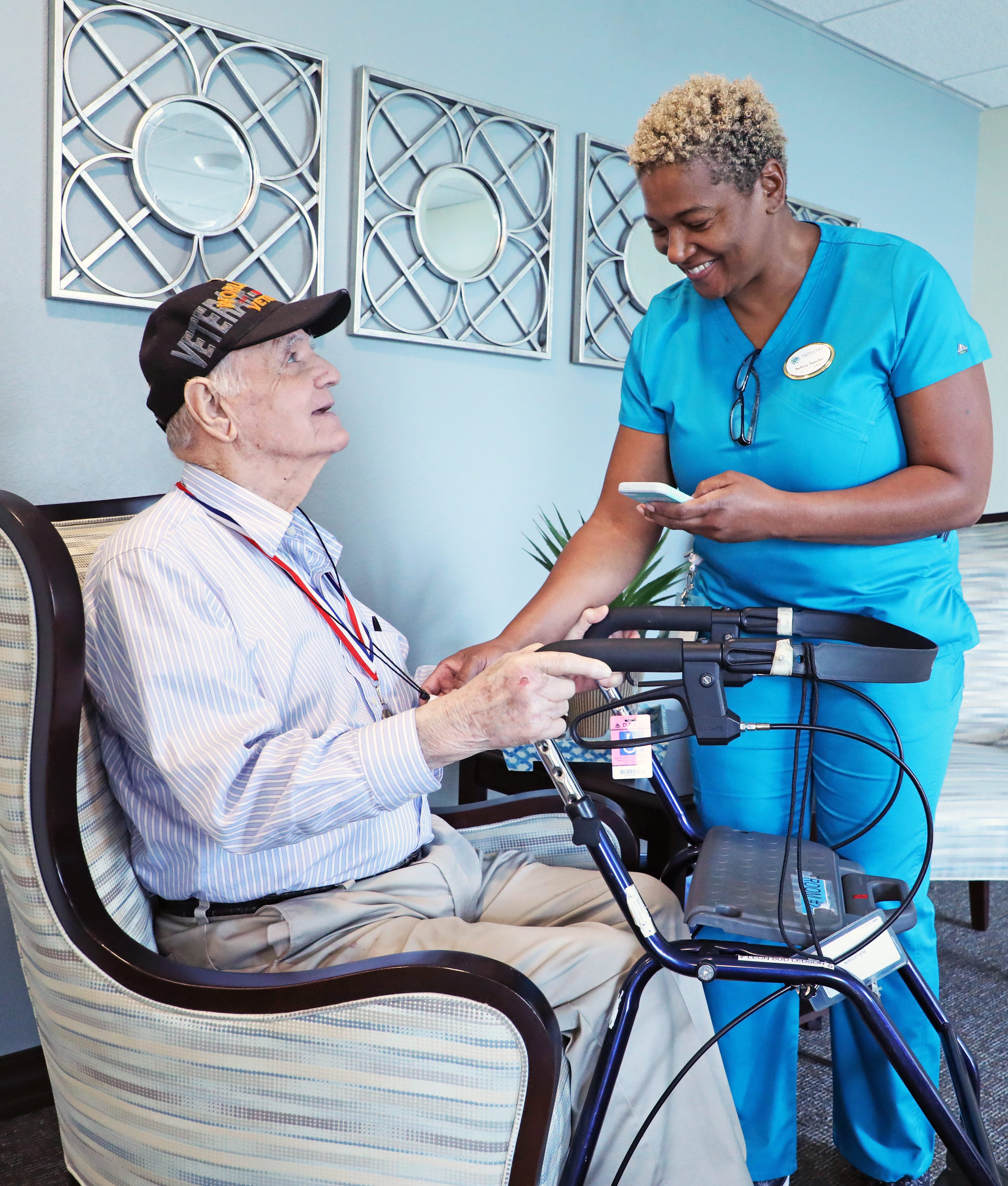
Tapestry Resources
OPTIONAL HEALTHCARE SERVICES OFFERED AT MOON
If a resident requires services beyond the basic Activities Daily Living (ADLs), Tapestry will provide the following optional services:
- Licensed nursing services – 24-hours a day
- Specialized diets/individualized nutrition supervision
- Increased personal laundry
- Injectable medication administration
- Fall management
- Physical rehabilitation services
- Memory enhancement
- Depression management
- Therapeutic recreation
- Increased socialization services
- Additional ambulation services
- Spa massage
- Telehealth
- Licensed nursing services – 24-hours a day
- Specialized diets/individualized nutrition supervision
- Private duty health aid
- Fall management
- Depression management
- Therapeutic 1:1 recreation
- Specialized/individualized behavioral interventions
- Chauffeured rides (escorted)
- Audio/visual communication between resident and primary care provider
- Injectable medication administration
- Spa massage
- Telehealth
About Dementia
A GENERAL OVERVIEW OF DEMENTIA
Dementia is a broad term that refers to a decline in a person’s intellectual abilities. It affects more than 3 million people each year in the United States alone. While there are many types of dementia, Alzheimer’s disease being the most common.
Dementia is often associated with memory loss. However, not everyone with memory loss will experience this. To be diagnosed with dementia by a medical professional, an individual must meet certain criteria. This includes, but is not limited to, impaired motor and spatial skills, judgment, memory, attention, functioning and orientation.

TYPES OF DEMENTIA
If you have a family member or close friend living with dementia, it’s important to understand you are not alone. When it comes to this condition, knowing the signs, symptoms and treatment options can assist you as you discover care options. Below are the four most prevalent types of dementia.
ADDITIONAL TYPES OF DEMENTIA
If you or a family member is exhibiting possible symptoms of dementia, seek medical attention. A doctor will be able to review your medical history and concerns to assist in a diagnosis. There are additional types of dementia that present themselves in a variety of ways. For example, mixed dementia occurs when a person has brain abnormalities linked to two or more forms of dementia. A person with mild cognitive impairment may exhibit a mild change in mental functioning, but one is typically not serious enough to interfere with daily activities.
Explore Life at Tapestry
2516 WEST LAKESHORE DRIVE
TALLAHASSEE, FL 32312
(850) 536-8600
License #AL12941
Tapestry Senior Housing has a philosophy of person-centered care that impacts everything we do. Understanding that every resident is an individual who can best direct their care, we are only helpers and guides along your journey.

